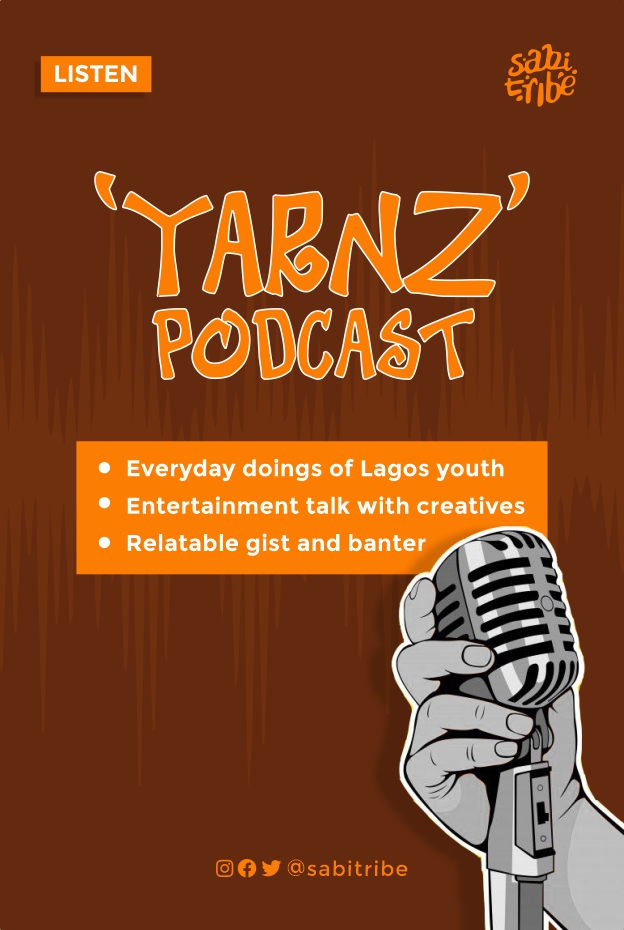Nigeria is blessed with a plethora of cultures and tribes
The Idoma culture is possibly one of Nigeria’s most intriguing cultures. The Idoma people are extremely proud of their indigenous past, and many of their ancestors’ traditions have been preserved in their combination of rich traditional tales, creative expressions, music, and many cultural components.
The Idoma people are mostly located in Benue State, Nigeria, although related groups may also be found in Cross Rivers State, Enugu State, and Nasarawa State. The history of the Idoma people predates that of Benue State (established in 1976) and the Republic of Nigeria (created in 1914).
Idoma people, like any other culture, exhibit their customs, traditions, beliefs, conventions, and way of life via different behavioral patterns. Today, I would like to share a few of the unusual yet wonderful facts that have distinguished Idoma from the country’s other ethnic groups.

Idoma tradition requires males to pound yam for their women
Unlike in other cultures, where women are expected to handle all of the cooking, Idoma males are not always exempt. When it comes to sanitary, social, and cultural considerations, pounding yams is one of the Idoma men’s expectations, and it acts as a manly task.
The “Alekwu spirit” is revered by the locals
The indigenous belief systems of most ethnic groups in Nigeria have been impacted by western traditions with the arrival of Christianity and other foreign faiths.
A majority of Idoma people, however, continue to believe in the Alekwu, which is seen as a link between the living and the dead. They have a yearly “Aje Alekwu” festival, where traditional religious practitioners gather to venerate their ancestors and offer sacrifices.
The Idomas have a deep devotion to the worship of Alekwu, the ancestor’s ghost, who is thought to serve as an unseen guardian of the family and community, preventing vices like adultery, robbery, and murder.
The rooster and the groom
The Idoma people’s marriage ceremonies and traditions are similar to those of the Igbos (Easterners) and certain other South-Eastern nations, although there are some distinct characteristics that set them apart. One of them is that when the bride price has been paid, the groom and his family must present the bride with a rooster and some money on the wedding day. If the bride accepts, it indicates her acceptance, whereas if she refuses, it indicates her indifference.
Numbers and alphabets
Many other tribes count in tens, but the Idomas count in twenties. Their alphabets are a b gb d e ē f g h I j k l m n ng o õ p kp r s t u w y ch gw kw nw ny mn.
Another thing to remember about the Idomas is that asking a visitor whether they want to eat anything is considered impolite. The host is required to deliver the cuisine and leave it up to the visitor to accept or reject it, according to their culture.
What is the most interesting thing you learnt about Idoma culture? Let us know in the comments!

#TraditionalValues is a segment documenting the beauty of indigenous culture. Today we take a look at the culture and trends of the wonderful people of Idoma.




